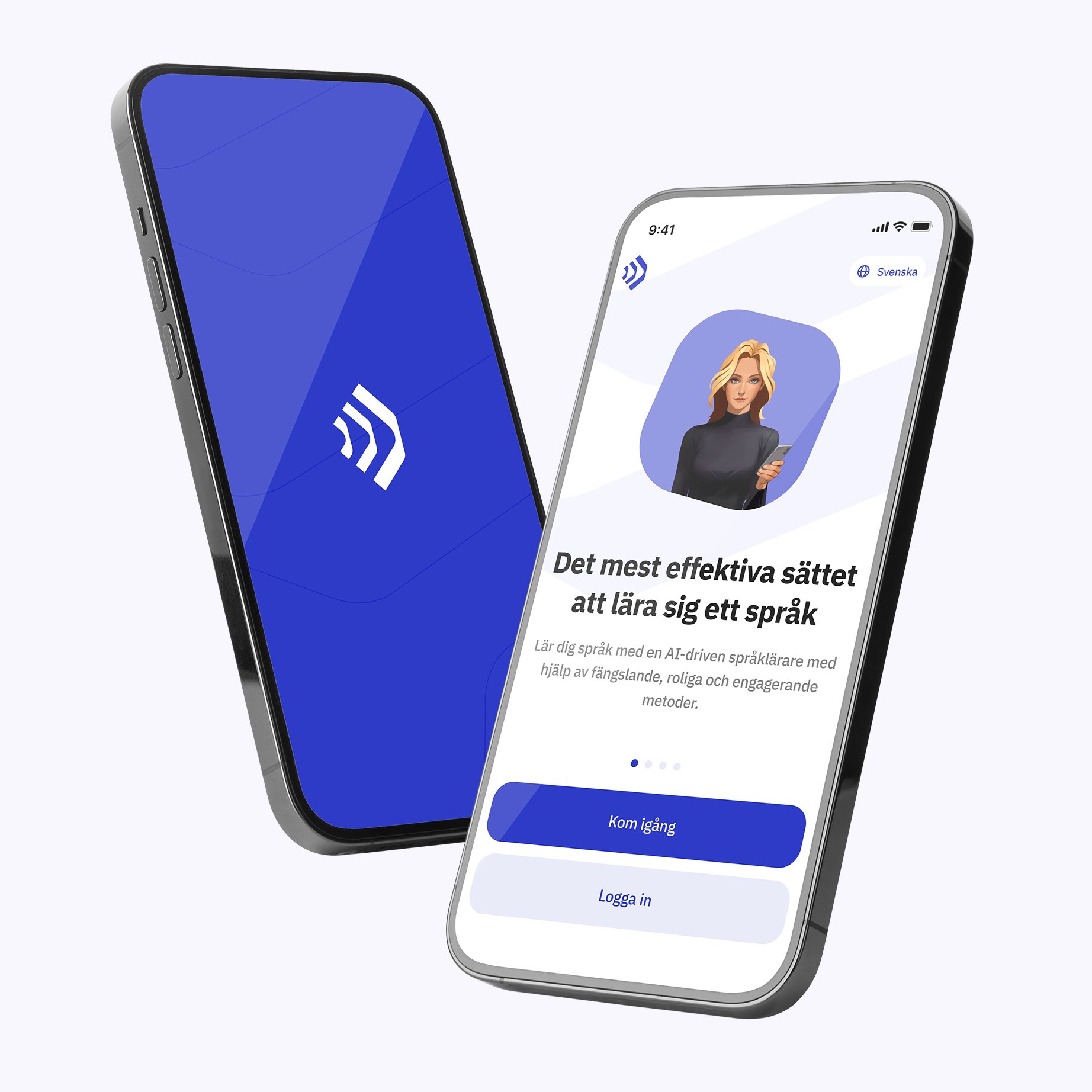För att hjälpa till med att bemästra användningen av relativa satser har vi sammanställt två övningar som innehåller exempel på hur de integritas i meningar. Varje övning består av femton meningar där du måste fylla i den korrekta relativa pronomen eller adverb. Använd ledtrådarna bredvid de tomma utrymmena för att bestämma vilken form av relativa klausuler som passar bäst i varje kontext. Lycka till!
Övning 1: Fyll i de relativa pronomenen
The book, *which* (object) I read last week, was very interesting.
She’s the woman *who* (subject) taught me how to knit.
Everyone *who* (subject) went to the party enjoyed it.
The bridge *which* (object) they built last year is already in need of repair.
I remember the day *when* (time) we first met.
That’s the reason *why* (reason) I decided to quit my job.
He has a friend *whose* (possession) father is an actor.
They cancelled the concert, *which* (additional information) was disappointing.
The phone *that* (object) you gave me doesn’t work.
I know a place *where* (place) we can get the best sushi in town.
The car, *whose* (possession) engine is broken, is very old.
She adopted a child *who* (subject) had no family.
The book *that* (subject) he’s writing will be published next year.
I don’t like movies *that* (subject) are too predictable.
The athlete, *who* (subject) won the race, was very young.
Övning 2: Välj det korrekta relativa adverbet eller pronomenet
I’d like to visit the city *where* (place) I was born.
The reason *why* (reason) he’s not coming is because he’s sick.
The woman, *to whom* (indirect object) I gave the letter, smiled.
Her dress is similar to the one *that* (object) you have.
February is the month *when* (time) we usually go skiing.
That’s the girl *who* (subject) dances so well.
This is the moment *that* (defining) we’ve been waiting for.
The company *for which* (object) I work is very successful.
The house *in which* (place) I grew up has been demolished.
He has no idea about the topic *which* (object) we’re discussing.
The laptop *that* (object) I bought last year is now outdated.
She’s looking for someone *who* (subject) can speak Japanese.
Do you remember the time *when* (time) we got lost in the woods?
He always talks about the subjects *which* (object) interest him.
We should respect people *who* (subject) have different opinions.










